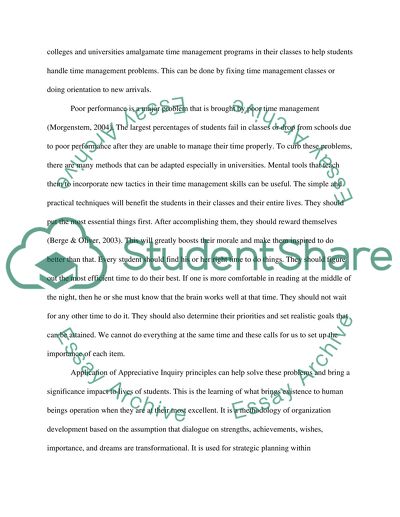Cite this document
(“Time Management and Refreshing Classes Tools for Educational Retention Essay”, n.d.)
Retrieved from https://studentshare.org/education/1393059-time-management-and-refreshing-classes-tools-for
Retrieved from https://studentshare.org/education/1393059-time-management-and-refreshing-classes-tools-for
(Time Management and Refreshing Classes Tools for Educational Retention Essay)
https://studentshare.org/education/1393059-time-management-and-refreshing-classes-tools-for.
https://studentshare.org/education/1393059-time-management-and-refreshing-classes-tools-for.
“Time Management and Refreshing Classes Tools for Educational Retention Essay”, n.d. https://studentshare.org/education/1393059-time-management-and-refreshing-classes-tools-for.


